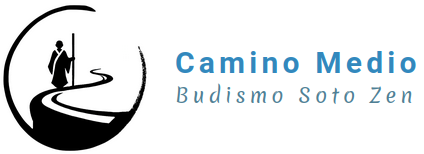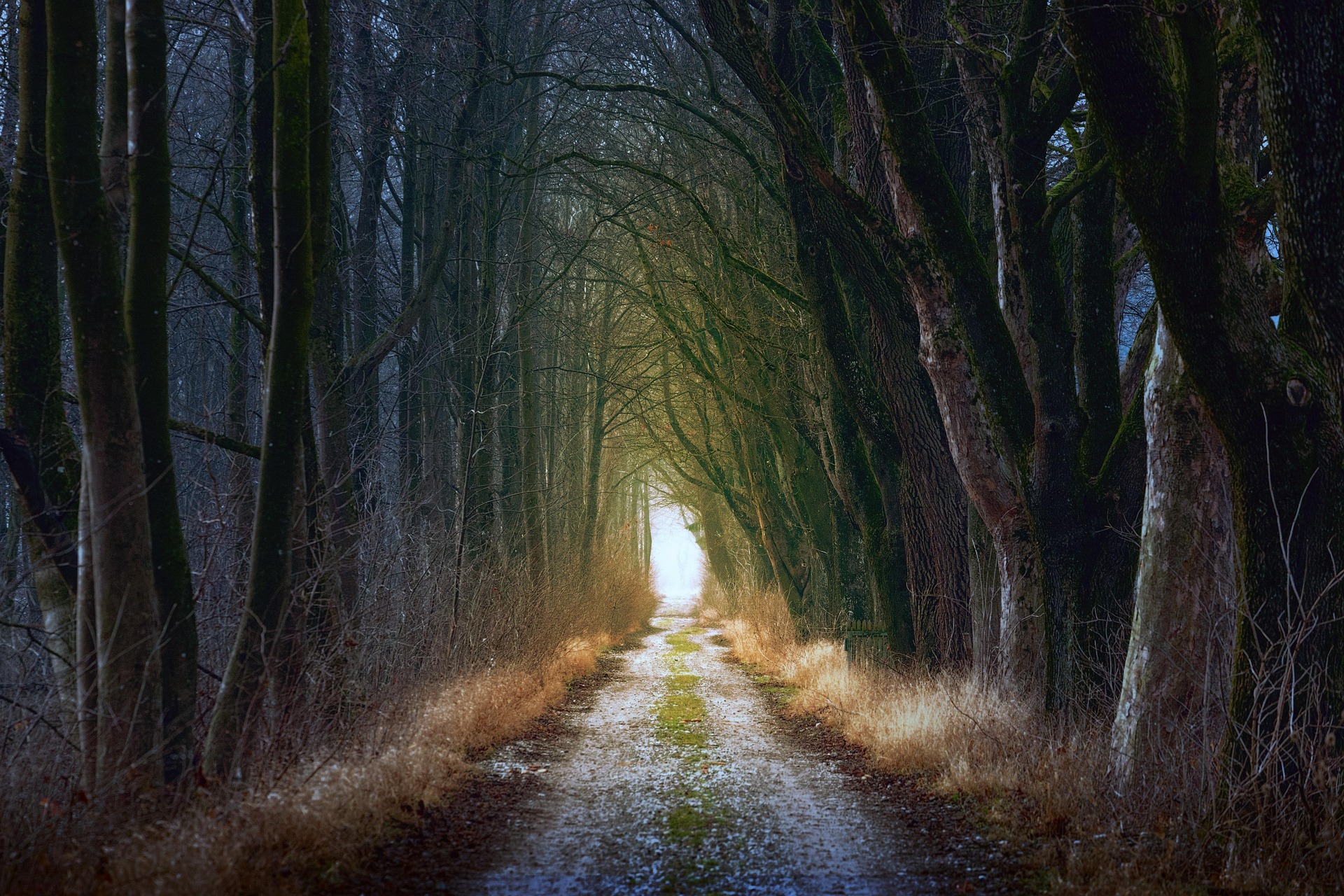⏱️ Estimated reading time: 5 min
I'm dreaming roads
I'm dreaming roads
p.m.. The hills
golden, The green pines,
The dusty holm oaks!…
Where will the way go?
I'm singing, traveler
along the path ...
-The afternoon falling is-.
«In the heart I had
«The thorn of a passion;
«I managed to tear it out one day:
"I don't feel the heart anymore".
And the whole field a moment
He stays, mute and gloomy,
meditating. The wind sounds
In Los Alamos del Río.
The afternoon darkens;
and the path that serpes
and weakly bleaching
gets clouded and disappears.
My song again plans:
«Acute golden spine,
«Who could feel you
"In the heart stuck".
Who stops to read Antonio Machado's verses discovers in them an intimate sensitivity with the human heart. El poem "I'm dreaming roads", written in your youth and collected in Loneliness, Galleries and other poems, It is one of those compositions where personal experience becomes a symbol of the universal. The poet's voice advances between golden hills and dusty holm oaks, With the afternoon falling slowly, And in the midst of that walk he confesses to having carried the thorn of a passion in the heart. While that spine was there, hurt and gave life; When he managed to start it, The pain disappeared, But with him also the beat. "I don't feel the heart anymore", dice. And in the end, In a sigh, I long for that golden thorn to stick again in his chest.
There are a depth that moves in these words, because they tell us about a mechanism as human as inevitable: Many times we cling to suffering as if it were the only proof of our existence. When life hurts us, We feel that we are fully alive; When the wound hears, A vacuum appears that we confuse with the absence of life. Then nostalgia arises, And almost without realizing we want the return of the spine, Although it hurts, because with her it seemed to throb the truth of who we are.
Is pain necessary to feel alive? Machado, Like so many of us, Impermanence intuits: Passion passes, The afternoon darkens, The road is lost. But instead of keeping walking, Staying back, Sighing what is no longer. That gesture, so recognizable, It is the attachment to the wound that becomes identity, And without it the self feels lost.
Zen Buddhism offers a very different perspective. The practice of zazen It does not consist of starting the thorns by force, nor in saving them as precious relics. We sat in silence, Without doing anything, letting life be shown as it is. If the spine arises, The spine feels. If dissolved, Let go. Do not add nostalgia or rejection. The heart beats because life beats, Not because a wound confirms it.
Dogen wrote in the Genjo Koan: «Studying the Way of Buddha is studying itself; Studying yourself is forgetting yourself; Forgetting yourself is being one with all stocks. " While Machado clings to spine as proof of himself, The Zen road releases all clinging to the self and mine and leads us to discover that our existence is everything around us: The wind that shakes the blades, The silence of the countryside after the afternoon falls… The heart does not need the spine to feel alive; Life itself, In its continuous deployment, It is already the golden spine that crosses us without hurting us.
Daily life is the cotton test, When we suffer a love loss, It is easy to feel that we have also lost the sense of living. And if the pain finally calms, The emptiness of who no longer feels the heart appears. At that point, Attachment disguises fidelity: We believe that longing for suffering is to honor the lived. The Zen shows us another way: Live the pain when present, Without denying or makeup, But release it when dissolved, No need to keep it as identity. Love was real, The wound was real, And the scar is also, But life continues to open with the same fullness at every moment.
Physical pain can be a sharp spine. In zazen, We do not try to escape him or identify with him; We simply observe it, We breathe it, We let it be. And when the pain sends, There is no nostalgia, but space. A clean space where life continues to deploy. Sometimes, The person who practices clings to the difficulty of his mind as if only in the struggle with thoughts there would be authenticity. But Zen teaches that both agitation and calm are part of the practice. The spine is not the center; The center is to sit and be. Nothing else.
A routine day may seem empty if we compare it with the intensity of a drama. But if we stop in bare attention, We discover that you will hold clothes, Cut vegetables or walk in the rain are full acts, complete, crossed by the same life that beats in great events. Fullness does not depend on the spine; fullness is in full attention at every moment.
That's why, When Machado writes at the end: «Acute golden spine, who could feel you in your heart stuck », We are faced with an understandable desire, But also before a trap. In the Zen we did not even long for what made us vibrate. The afternoon darkens, The path is erased, The spine dissolves. And yet, We continue walking. Life is not exhausted in the wound or in its absence; Life opens moment after instant, With or without spine.
Maybe we can reread that final verse with another look: Every moment of our life is a golden spine. Every breath, Every sound, Each gesture crosses our heart with unrepeatable sharpness. We do not need to look for ancient pain to feel alive; It is enough to open ourselves to the fullness of what is happening now. The Zen does not need to dream roads. He sits on the road itself, Here and now, and discover that every step, Each shadow and every silence are already fullness. The pain, When it appears, You live. When it disappears, You also live. There is no nostalgia, Only trust.
Maybe, If Machado had met zazen, His poem would have ended with another cadence. Maybe I would have said: “Acute golden spine, Thanks for having been; Now I keep my way. " And the poem would have concluded with the serenity of who knows that every moment, With or without wound, It is full life.

